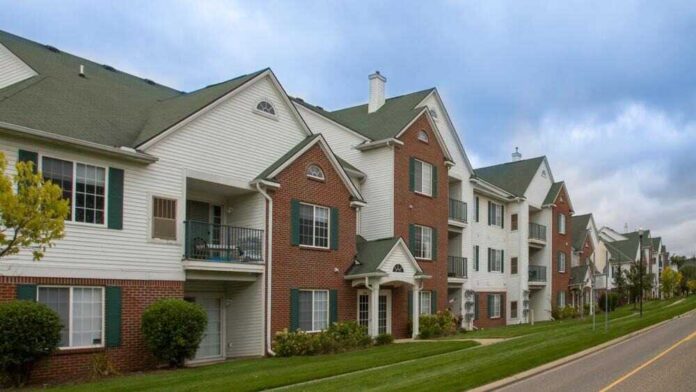
(DailyTreasure.com) – Housing in the US is at a crisis level in many communities, but the problem is particularly challenging for low-income families. As rents have skyrocketed, households are finding it almost impossible to find a place to live.
What is Federal Housing Assistance?
The US Department of Housing and Urban Development (HUD) has created a program that provides low-income families, the elderly, and the disabled with rental assistance. You may know this program as Section 8, or housing vouchers, This program is designed to help qualified households find housing that is decent, safe, and sanitary in the private housing market.
Participants in the program find their own housing, unlike public housing that the government provides for you. Any property that meets the qualifications for the program is eligible, as long as the landlord agrees to lease the home to a voucher tenant.
Your local Public Housing Authority issues (PHA) choice vouchers to eligible residents. HUD grants each PHA the funds for housing vouchers so the programs are managed and distributed in your city or county.
Who is Eligible?
The primary criteria for eligibility is that the applicant must be a US citizen, or a member of a specified category of non-citizen—domestic violence victims, legal resident aliens, and DACA participants are some examples.
The second qualifier is income. Eligibility is based on the household income, which cannot be more than 50% of the median household income of your county or metro area. In other words, if the median household income is $90,000 and your income is $43,000, then you meet the income requirements. PHAs must reserve 75% of their funds for households whose income does not exceed 30% of the local median ($30,000 in this example). You can find the income averages in your community on the HUD website. PHAs also considers the size of the household when issuing housing vouchers.
How the Housing Choice Voucher Plan Works
The voucher plan has three participants: HUD, the applicant, and the landlord. Applicants can choose where they want to live, in a single family home, townhome, or apartment. They can also search for subsidized housing projects.
If they find a home managed by a private landlord, the landlord must agree to accept the voucher. This is a good deal for the landlord as they are guaranteed a direct rent deposit on the first of the month. If there is a difference in the amount of the voucher and the rent, the tenant must make up the difference.
Applying for a Housing Choice Voucher
If you want to apply for a housing choice voucher, you’ll begin with your local PHA office. You can find that website information here, visit your county social services website or the HUD website. When you find the correct site, you can review the eligibility requirements and application process so that you have all your documents and information when you get started. You’ll apply through your local office.
This is the information you’ll need to provide.
- Family or household income
- Family or household income assets
- Household composition
Once your application is complete, the PHA reviews the application, and verifies the information with other local agencies, your bank, and your employer. They use this information to determine your eligibility and calculate the amount of your assistance. In many places, you’ll be put on a waiting list until more voucher funding becomes available. In some counties, you can get immediate assistance, and your voucher is issued when you find housing.
How PHAs Manage Funding Shortages
Given the severity of the housing crisis, PHAs establish additional criteria for approved applicants on the waiting list. Each PHA has its own discretion to establish preferential wait lists. Here are some common factors that will move you up the list.
- Homeless families or those in substandard housing
- Households paying more than 50% of their income in rent
- Involuntarily displaced families
Involuntary displacement means that the government has deemed the dwelling does not meet federal standards for safety, decency, and sanitation. It can also mean the landlord is forcing eviction, the property is being rezoned, or a natural disaster has made the home uninhabitable.
Copyright 2023, DailyTreasure.com

















